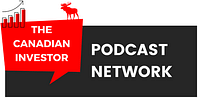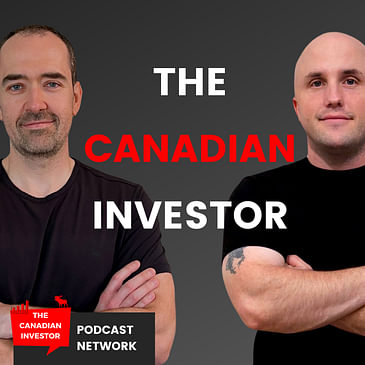In this episode of the Canadian Investor Podcast, we delve into the recent US Fed rate announcement and its impact on the Canadian bond market, particularly the 5-year bond.
We also go over the earnings of Meta, Amazon, Canadian Pacific, Google, ,Allied REIT and Metro. Meta's impressive financial performance and market cap gain take the spotlight, while Amazon's consistent earnings beat and operational growth showcase its resilience. We look at Google's strong earnings come under scrutiny, with a small miss on expected ad revenue affecting its stock.
Tickers of stock discussed: CP.TO, AMZN, GOOG, META, AP-UN.TO, MRU.TO
Check out our portfolio by going to Jointci.com
- Our Website
- Canadian Investor Podcast Network Twitter: @cdn_investing
- Simon’s twitter: @Fiat_Iceberg
- Braden’s twitter: @BradoCapital
- Dan’s Twitter: @stocktrades_ca
Want to learn more about Real Estate Investing? Check out the Canadian Real Estate Investor Podcast!
Apple Podcast - The Canadian Real Estate Investor
Spotify - The Canadian Real Estate Investor
Sign up for Finchat.io for free to get easy access to global stock coverage and powerful AI investing tools.
Register for EQ Bank, the seamless digital banking experience with better rates and no nonsense.
See omnystudio.com/listener for privacy information.

